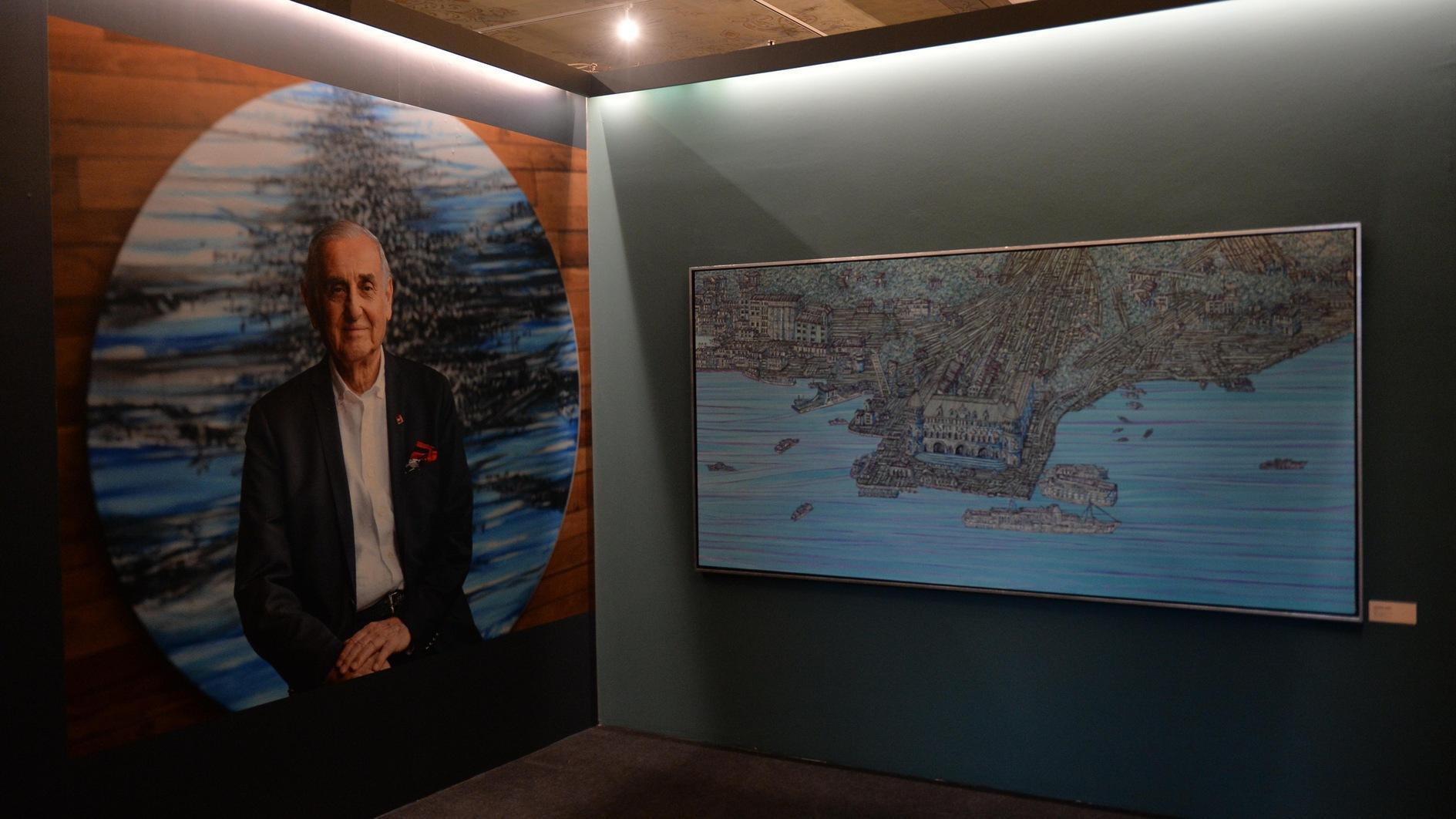A review of the package by way of its shortcomings
Prime Minister Recep Tayyip Erdoğan tried to target many birds to kill with one stone in the new democratization package he announced Monday.
First, this reform package may be regarded as a significant move to make up for the loss of ground his “reformist leader” perception has suffered, especially in the Western world after the Gezi Park resistance. Erdoğan, with this package, will try to disperse the opinion formed to convey that he has drifted apart from Western criteria in fundamental rights and freedoms. It should not be surprising that he initiates an ambitious publicity campaign in this direction.
However, more importantly is that this package will constitute the new political scenario, the new narrative of the government for the new term. Just as the PM won the 2011 election victory by carrying the wind blown by his enormous success in the 2010 constitutional referendum, he will also shape the atmosphere of the local elections to be held next March, as well as the upcoming presidential elections in August, with the political climate that these new democratization steps will have created.
No doubt it is not possible to evaluate the package, which contains almost 30 components with only one article. We need to assess, as a general principle, each move that advances the democratization perspective as a positive development.
Also, in light of past experiences, we can consider the package as a starting margin for Erdoğan. It should not be surprising that other improvements are included in the text until it reaches its final state. Again, it should not be surprising that Erdoğan will pull his big guns out at the last minute, depending on how the debate pans out.
This kind of ambitious package should be analyzed not only by the improvements it has introduced but also by its shortcomings, its voids and the troubled fields it has not touched. In particular, parts of the steps taken in the Kurdish issue are obviously inevitable consequences imposed by political practicalities overriding laws; for example, the usage of letters such as X, Q and W.
Another debatable subject is mother tongue education in Kurdish . This arrangement is inadequate. Also, there was no legal flexibility introduced for arrests of Kurdistan Communities Union (KCK) members. One of the essential shortcomings of the package is the area of accommodating Alevi rights. Naming a university Hacı Bektaş-I Veli is a weak step. The critical aspect here is the government’s insistence on identifying and regulating Alevism and the different religious identity of the Alevis over the school of the Sunni. Within this framework, the fact that cemevis (Alevi houses of worship) have not been granted “place of worship” status is one of the outstanding inadequacies of the package. If a package that is introduced in order to take measures against discrimination is indifferent to the discriminatory practices against the Alevis, then this segment is once more offended. The Halki Seminary case is once again left unsolved.
Likewise, the arrangement introduced for the freedom of assembly and demonstration is way behind European Court of Human Rights (ECtHR) practices. Another main shortcoming in the field of demonstrations is the usage of tear gas . The ECtHR is convicting us about the usage of tear gas.
Similarly, legal regulation introduced for the freedom of clothes may not be adequate because of the Constitutional Court’s previous verdicts banning the headscarf.
Also if democratization is the aim, then amendments in laws and regulations are not enough. Democratization in the real sense should provide for the elimination of these pressures that stem from several practices and methods that fall outside of a legislative context. For example, a journalist or a columnist losing his/her job after being targeted by the government may have nothing to do with legislation but it is directly connected to the democratic culture and the level of democracy.
For this reason, if real democracy is targeted, then a new political language and discourse should also be developed with a threshold of tolerance for different voices - much higher than today’s.
Sedat Ergin is a columnist for daily Hürriyet in which this abridged piece was published on Oct. 1. It was translated into English by the Daily News staff.











